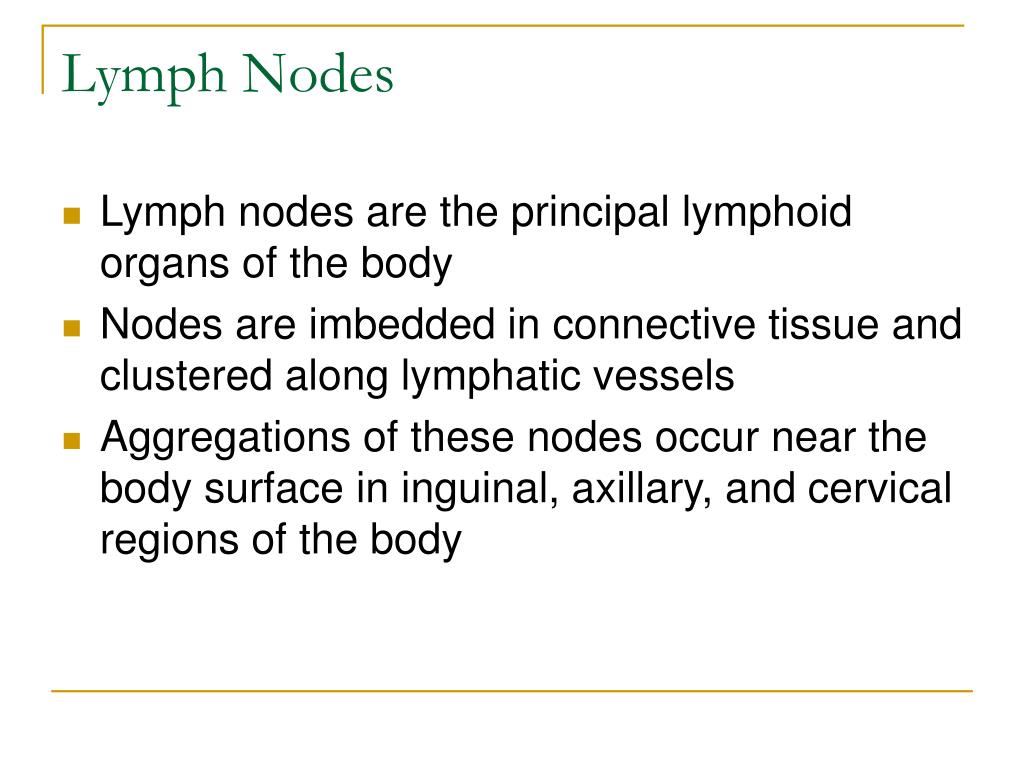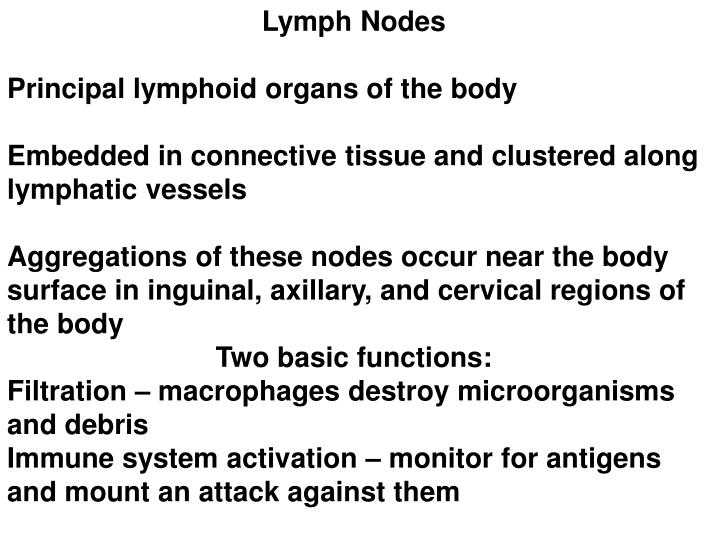
What cells carry antibodies throughout the body?
The immune system includes certain types of white blood cells. It also includes chemicals and proteins in the blood, such as antibodies, complement proteins, and interferon. Some of these directly attack foreign substances in the body, and others work together to help the immune system cells. Lymphocytes are a type of white blood cell.
Why do the body's own cells not fight foreign cells?
Apr 23, 2020 · The body’s own cells have proteins on their surface, too. But those proteins don’t usually trigger the immune system to fight the cells. Sometimes the immune system mistakenly thinks that the body's own cells are foreign cells. It then attacks healthy, harmless cells in the body. This is known as an autoimmune response.
How do lymphocytes help protect the body from infection?
The various cells and proteins responsible for immunity constitute the immune system, and their orchestrated response to defend foreign/non-self substances (antigen) is known as the immune response. When an antigen attacks the host system, two distinct, yet interrelated, branches of the immune system are active-the nonspecific/innate and ...
What is the innate immune system?
Feb 01, 2019 · The human immune system comprises two arms: the innate immune system, which elicits a non-specific inflammatory response following the immediate recognition of foreign material, and the adaptive immune system, which performs highly specific antigen responses and develops a long-term memory.

What activates the immune system?
Vaccination (immunization) is a way to trigger the immune response. Small doses of an antigen, such as dead or weakened live viruses, are given to activate immune system "memory" (activated B cells and sensitized T cells). Memory allows your body to react quickly and efficiently to future exposures.Feb 2, 2020
How do immune cells become activated?
Helper T cells become activated by interacting with antigen-presenting cells, such as macrophages. Antigen-presenting cells ingest a microbe, partially degrade it, and export fragments of the microbe—i.e., antigens—to the cell surface, where they are presented in association with class II MHC molecules.
How does the immune system recognize foreign substances?
The immune system recognizes invaders by their antigens, which are proteins on the surface of the invading cells (see Figure 1). Every cell or substance has its own specific antigens, and a person's cells carry “self-antigens” that are unique to that individual.
What are activated immune cells?
During an immune response, the B cells are activated to secrete immunoglobulins, which circulate in blood, permeate to other body fluids, and bind specifically to foreign antigen that stimulated their production in the first place.
What are CD8 cells?
Definition. CD8-positive T cells are a critical subpopulation of MHC class I-restricted T cell and are mediators of adaptive immunity. They include cytotoxic T cells, which are important for killing cancerous or virally infected cells, and CD8-positive suppressor T cells, which restrain certain types of immune response ...
How does B cells get activated?
B cells are activated when their B cell receptor (BCR) binds to either soluble or membrane bound antigen. This activates the BCR to form microclusters and trigger downstream signalling cascades.
What kind of cells engulf the foreign cells and molecules they encounter and recognize?
Macrophages. Macrophages are the body's first line of defense and have many roles. A macrophage is the first cell to recognize and engulf foreign substances (antigens). Macrophages break down these substances and present the smaller proteins to the T lymphocytes.
What do plasma B cells do?
A plasma cell (B) releases antibodies that circulate in the blood and lymph, where they bind to and neutralize or destroy antigens. (A and C are lymphocytes.)
How do the cells in the immune system recognize an antigen is foreign or non self?
That is, the immune system must be able to distinguish what is nonself (foreign) from what is self. The immune system can make this distinction because all cells have identification molecules (antigens) on their surface. Microorganisms are recognized because the identification molecules on their surface are foreign.
Popular Posts:
- 1. how to activate your google account
- 2. tibia how to activate prey
- 3. how to re-activate an installed adobe cs2 2017
- 4. how to activate console commands for black ops
- 5. how to activate paypal free return shipping
- 6. how to activate a key for steam
- 7. how to activate hey bgoogle
- 8. how to activate new iphone 12 tmobile
- 9. how to activate galaxy s5
- 10. how long does it take my boris license to activate